When you think of healthy berries, you probably think of the usual suspects like raspberries or blackberries. But did you know there are lesser-known berries that can be just as nutritious—if not more? These unusual berries not only offer unique flavors but also provide a wealth of vitamins and minerals.
Contents
- 1 Lingonberries
- 2 Sea Buckthorn Berries
- 3 Cloudberries
- 4 Saskatoon Berries
- 5 Aronia Berries
- 6 Goji Berries
- 7 Elderberries
- 8 Maqui Berries
- 9 Mulberries
- 10 Camu Camu Berries
- 11 Acai Berries
- 12 Salal Berries
- 13 Haskap Berries
- 14 Barberries
- 15 Chokecherries
- 16 More From RetailShout
- 17 28 Easy-to-Make Healthy Snacks for Busy Days
- 18 18 Hidden Gems at Costco That Are Worth Stocking Up On
Lingonberries
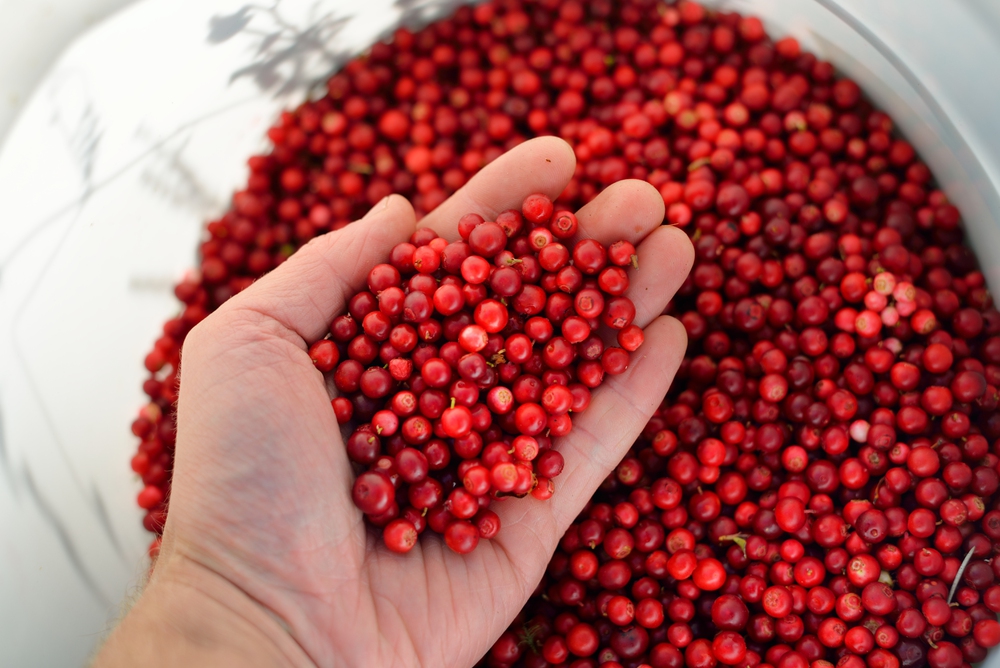
Lingonberries are tiny red berries that grow in cold climates, often found in Scandinavian countries. They are rich in antioxidants like quercetin and proanthocyanidins, which help reduce inflammation and promote heart health. Lingonberries are also packed with vitamin C and fiber, supporting a strong immune system and healthy digestion. Their tart flavor makes them great in sauces or jams, commonly paired with savory dishes. Incorporating lingonberries into your meals can boost your nutrient intake with just a small serving.
Sea Buckthorn Berries
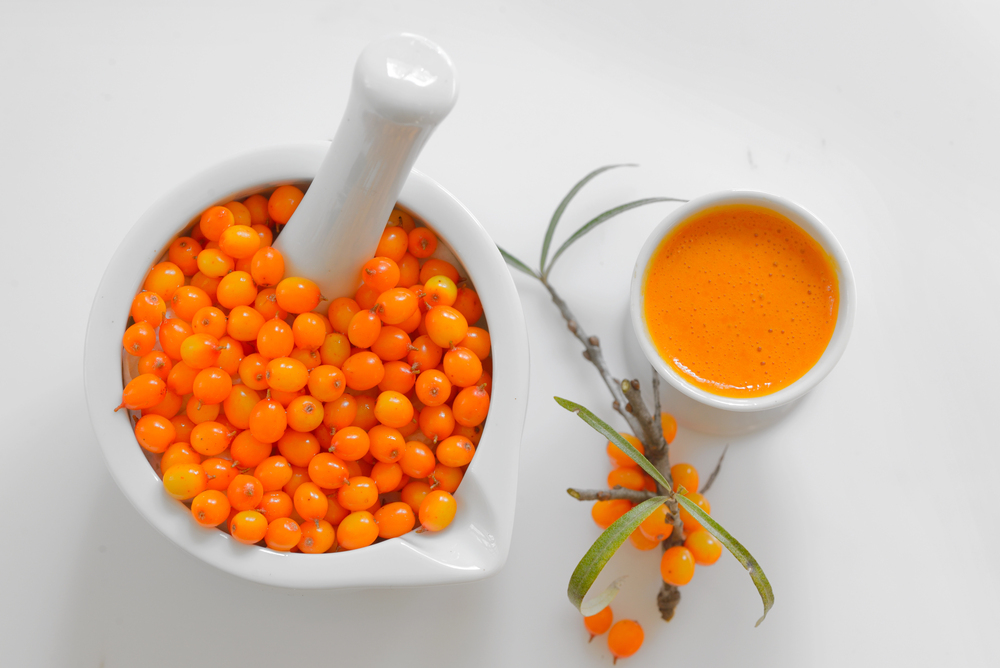
These bright orange berries are packed with an impressive range of nutrients, including vitamins C, A, and E. Sea buckthorn berries are also rich in omega-7 fatty acids, which are rare and beneficial for skin health. They help improve digestion and promote a healthy heart thanks to their high antioxidant content. Often found in juices or oils, sea buckthorn berries can be a unique and healthy addition to smoothies or salad dressings. Their tart flavor is intense, but the health benefits are worth the punch.
Cloudberries
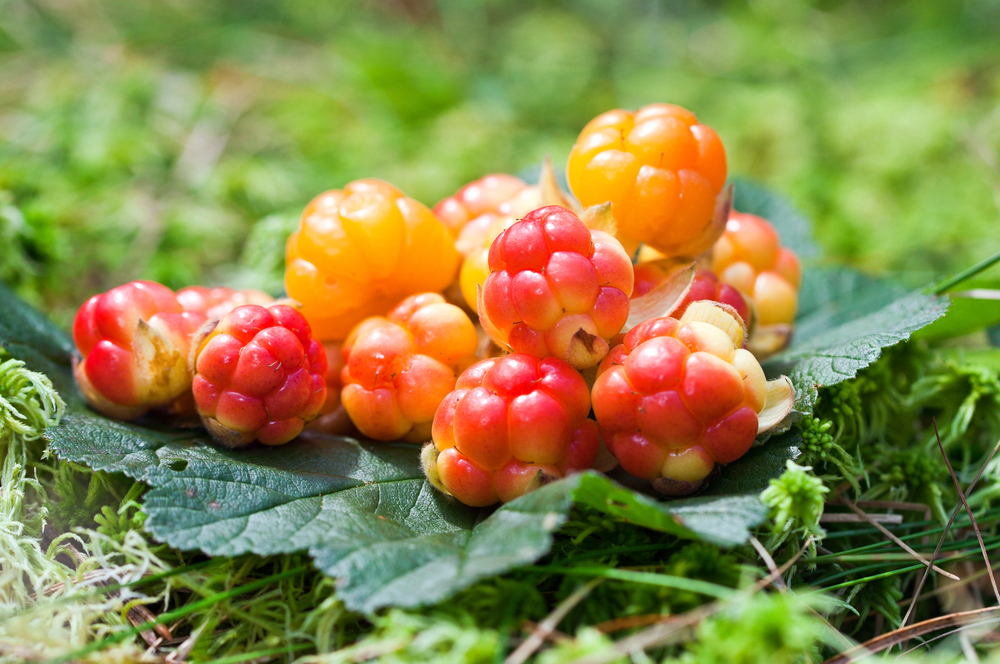
Cloudberries are golden, juicy fruits that grow in the cold, marshy regions of the Arctic. These berries are a great source of vitamin C, which can help boost your immune system and skin health. They also contain ellagic acid, a compound known for its anti-inflammatory and antioxidant properties. Cloudberries are often used in jams, desserts, or as a topping for pancakes. While rare, cloudberries pack a serious nutritional punch that can add a burst of flavor to many dishes.
Saskatoon Berries
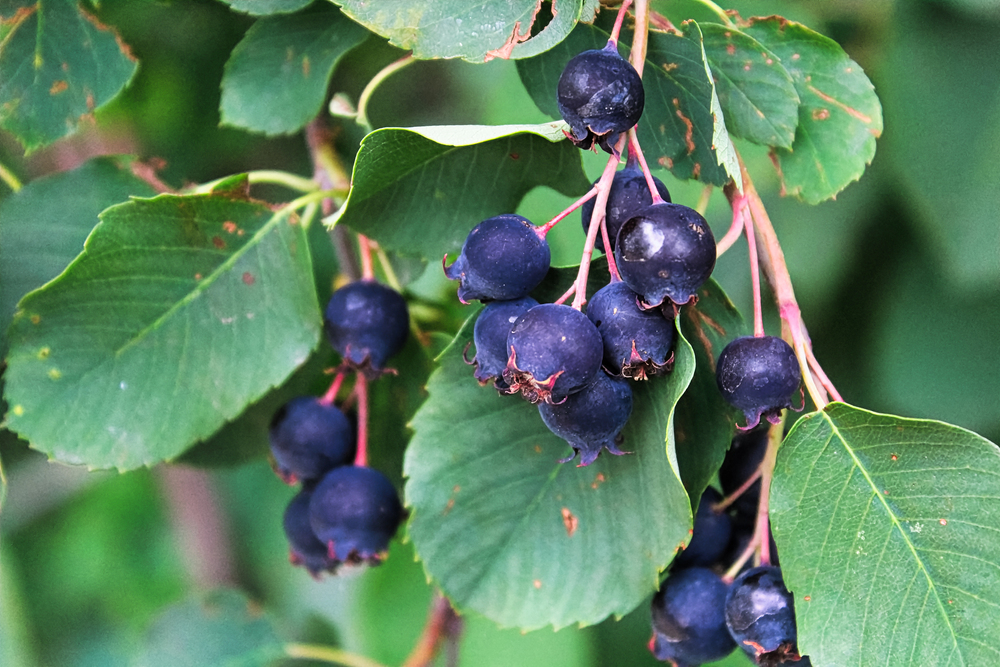
Saskatoon berries, sometimes called serviceberries, resemble blueberries but have a richer, almond-like taste. These purple gems are packed with fiber, which aids digestion and keeps you feeling full longer. They’re also rich in antioxidants, which help protect your cells from damage. Saskatoon berries have been linked to better heart health due to their ability to reduce cholesterol levels. These versatile berries are often enjoyed in pies, jams, or even fresh as a snack.
Aronia Berries
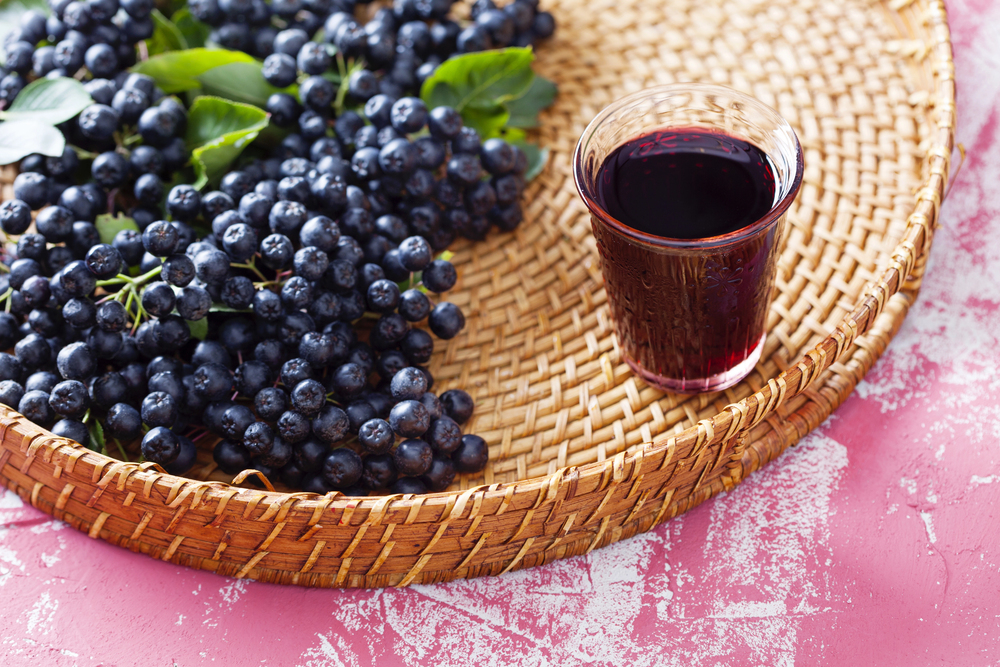
Aronia berries, also known as chokeberries, are small, dark purple berries that are incredibly high in antioxidants. They help fight inflammation, boost immunity, and protect against chronic diseases like heart disease and cancer. These berries also contain vitamin K, which plays a crucial role in bone health. Though they’re quite tart, aronia berries are often used in juices, jams, or smoothies for a nutritional boost. Adding them to your diet can provide a powerful health advantage.
Goji Berries
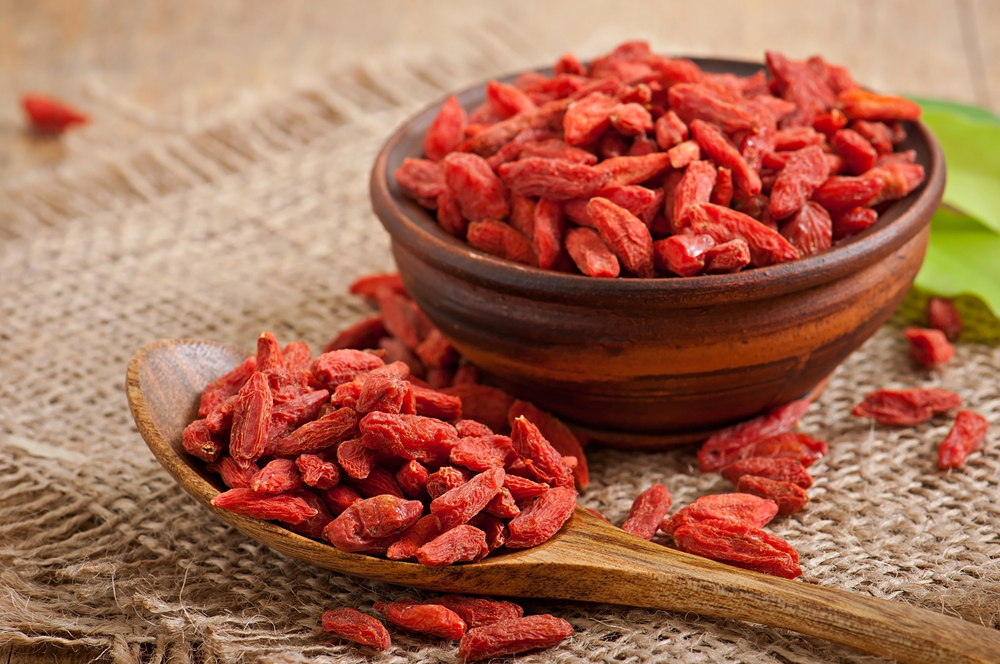
Goji berries have been used in traditional Chinese medicine for centuries and are considered a superfood. They are rich in vitamin A, which supports eye health, and they’re also packed with antioxidants that help protect your body from free radicals. Goji berries are often dried and used in teas, trail mixes, or even baked goods. These small red berries have a sweet-tart flavor that can be a nutritious addition to your meals. Their health benefits include boosting immunity and promoting skin health.
Elderberries
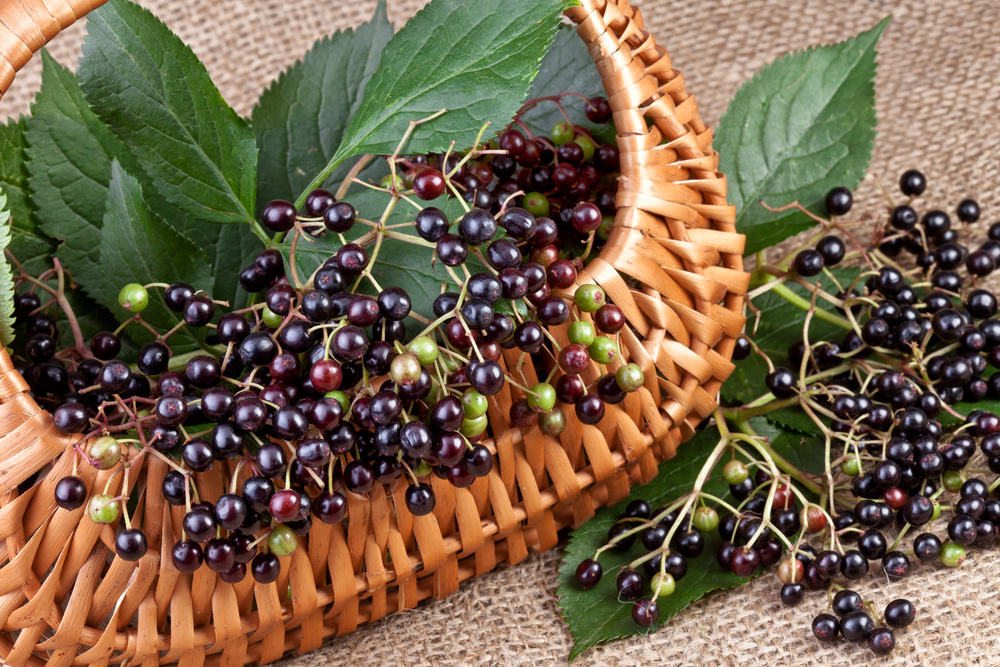
Elderberries are tiny dark purple berries known for their immune-boosting properties, often used to fight colds and flu. Rich in antioxidants and vitamin C, elderberries can help reduce inflammation and shorten the duration of illnesses. They are often made into syrups, teas, or jams for their medicinal properties. Elderberries are slightly bitter when raw, so they are typically cooked before being consumed. Including elderberries in your diet may help you stay healthy during cold and flu season.
Maqui Berries
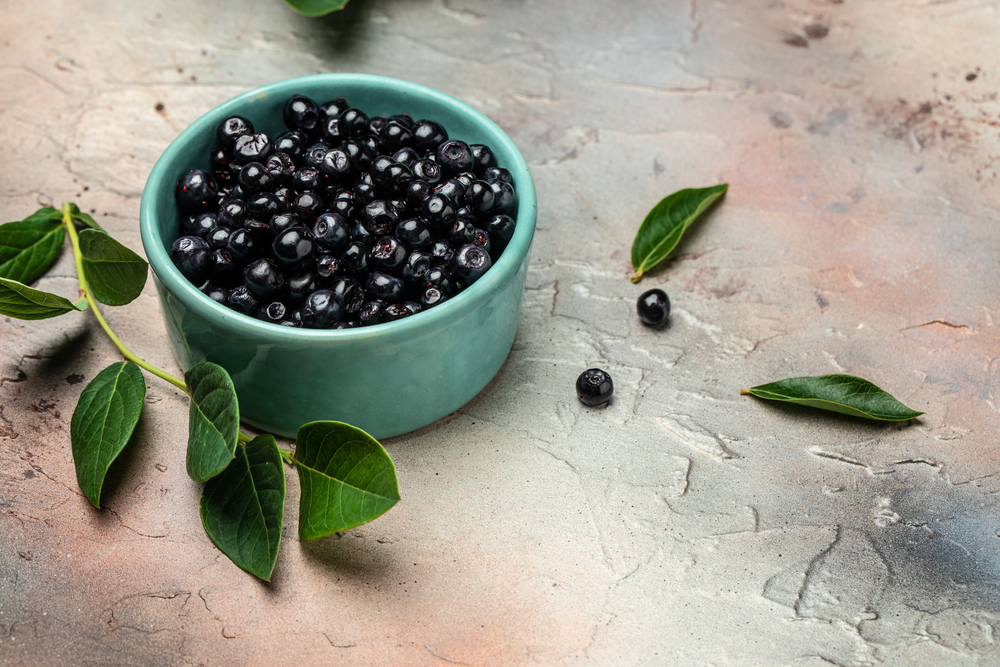
Maqui berries grow in the wilds of Patagonia and are a deep purple superfood loaded with antioxidants. These berries are known to support heart health, improve metabolism, and even reduce inflammation. They are also rich in vitamin C and fiber, which boost your immune system and aid digestion. Maqui berries are often found in powder form, making them easy to add to smoothies, yogurt, or oatmeal. Their slightly tart flavor can bring a delicious and nutritious twist to your meals.
Mulberries
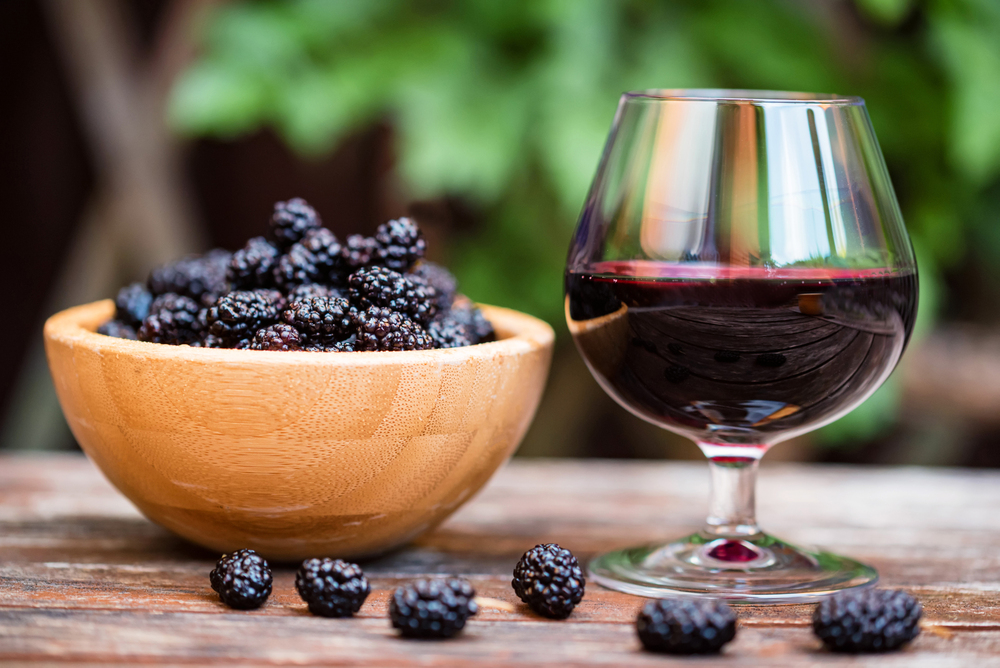
Mulberries are a unique berry that comes in white, red, or black varieties, each offering a sweet and slightly tart flavor. These berries are rich in vitamins C and K, both of which are important for immune function and bone health. Mulberries are also packed with iron, making them a great option for those looking to boost their energy levels. They can be eaten fresh, dried, or used in jams and desserts. Adding mulberries to your diet can provide a sweet treat while offering numerous health benefits.
Camu Camu Berries
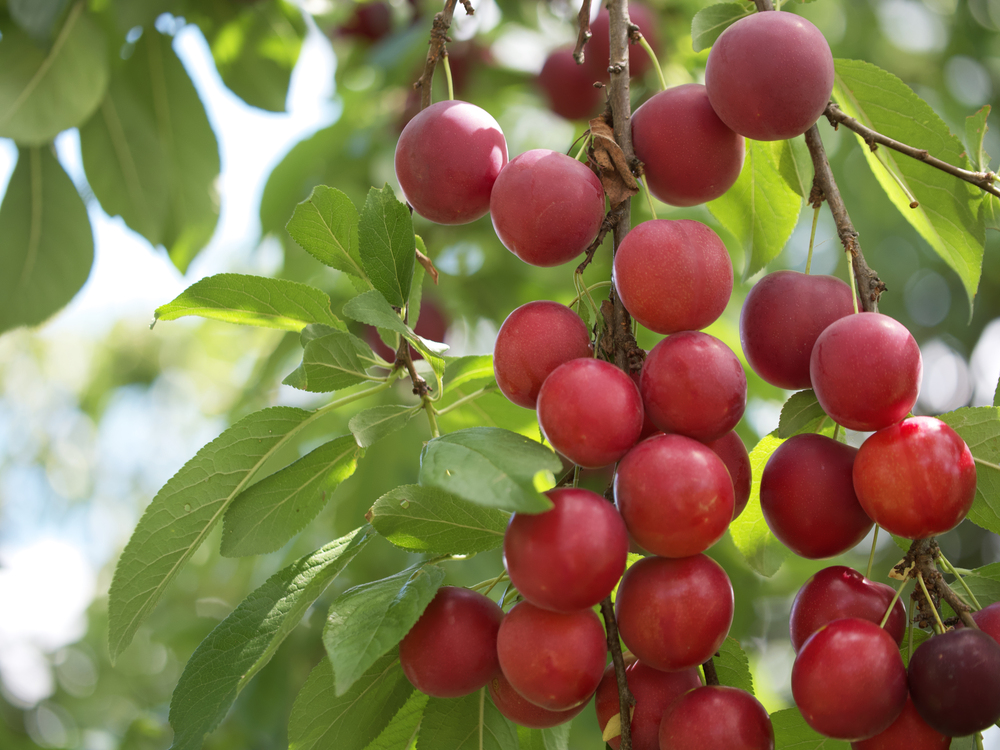
Camu camu berries are small, sour fruits native to the Amazon rainforest and are one of the highest sources of vitamin C. These berries also contain antioxidants that help reduce inflammation and support immune function. Camu camu is often used in powder form, making it easy to add to smoothies, juices, or even water. Despite their sour taste, they offer a big health boost with just a small serving. Including camu camu in your diet can be an excellent way to support overall wellness.
Acai Berries
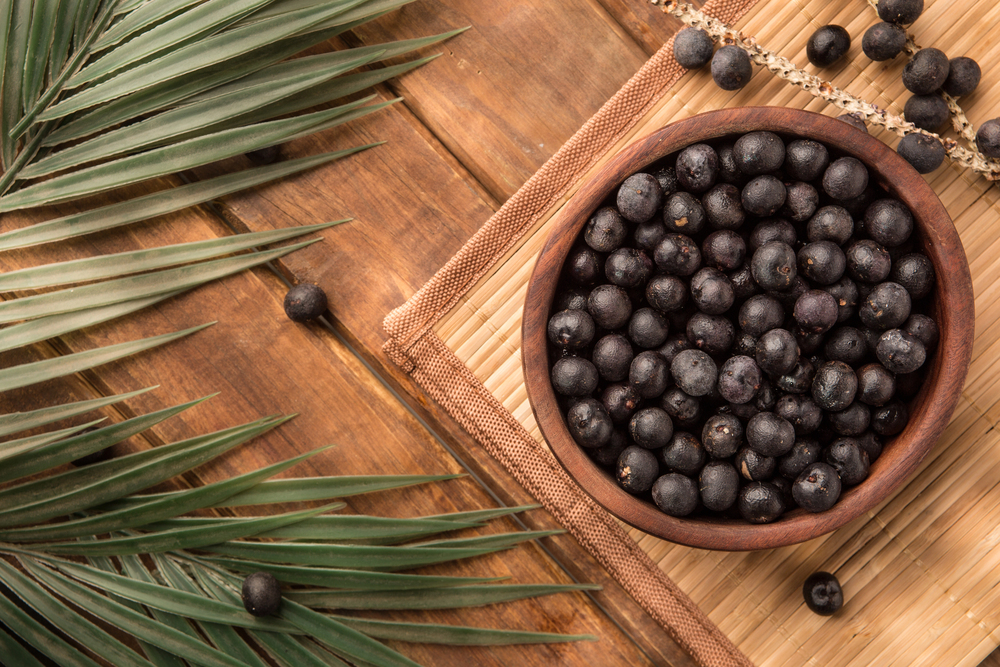
Acai berries are small, dark purple fruits that grow in the rainforests of South America. These berries are famous for their high levels of antioxidants, particularly anthocyanins, which help protect the body from oxidative stress. Acai berries also support heart health and improve brain function. Often used in smoothies or bowls, they have a rich, earthy flavor that pairs well with a variety of toppings. Including acai berries in your diet can boost your nutrient intake and promote overall well-being.
Salal Berries
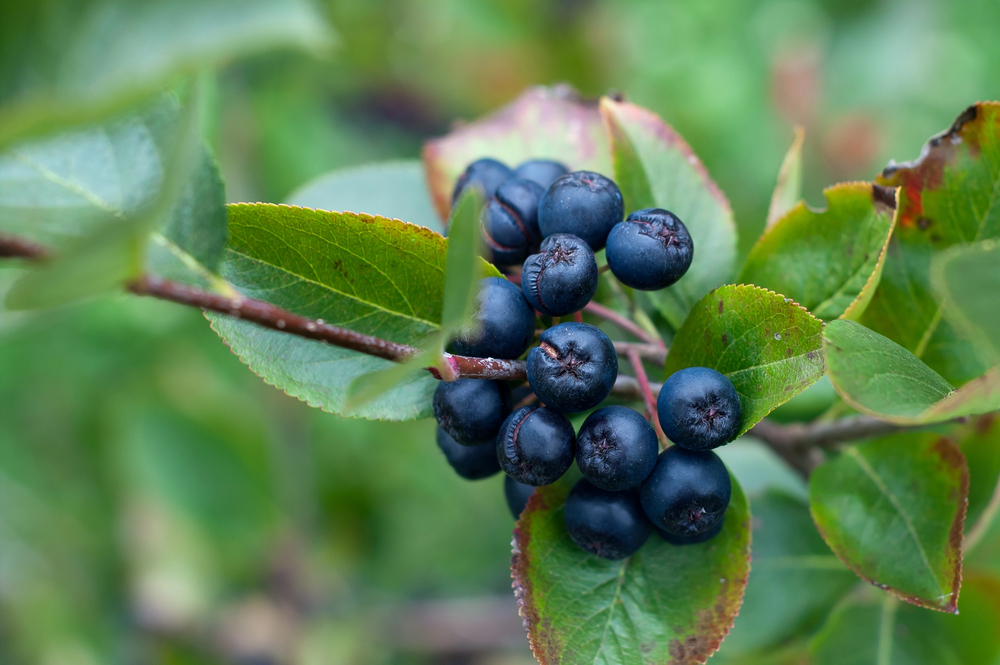
Salal berries are small, dark berries native to the Pacific Northwest and are packed with fiber and antioxidants. They are known for their ability to improve digestion and support heart health due to their high nutrient content. Salal berries have a sweet, mild flavor and are often used in jams, pies, and sauces. Though not as well-known as other berries, they offer an excellent way to add variety to your diet while boosting your overall health.
Haskap Berries
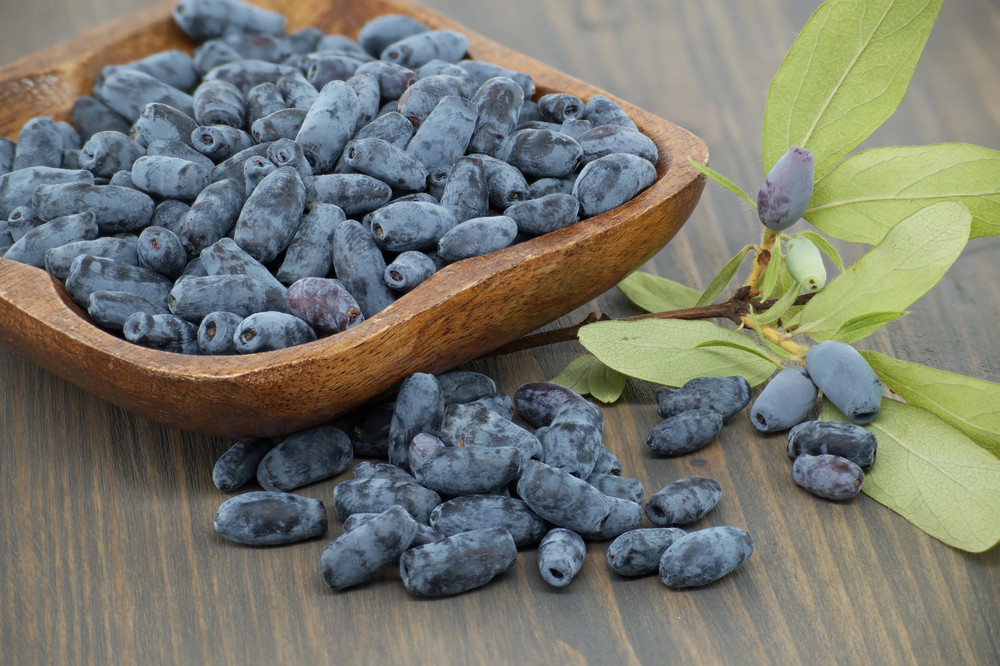
Haskap berries, also known as honeyberries, are small, oval fruits that pack a punch in terms of nutrition. These berries are rich in antioxidants, vitamins, and fiber, which support heart health and digestion. Haskap berries have a tart flavor similar to a combination of blueberries and raspberries, making them a great addition to smoothies or desserts. They are also high in vitamin C, which can boost your immune system. Including haskap berries in your diet can provide a refreshing and healthy treat.
Barberries
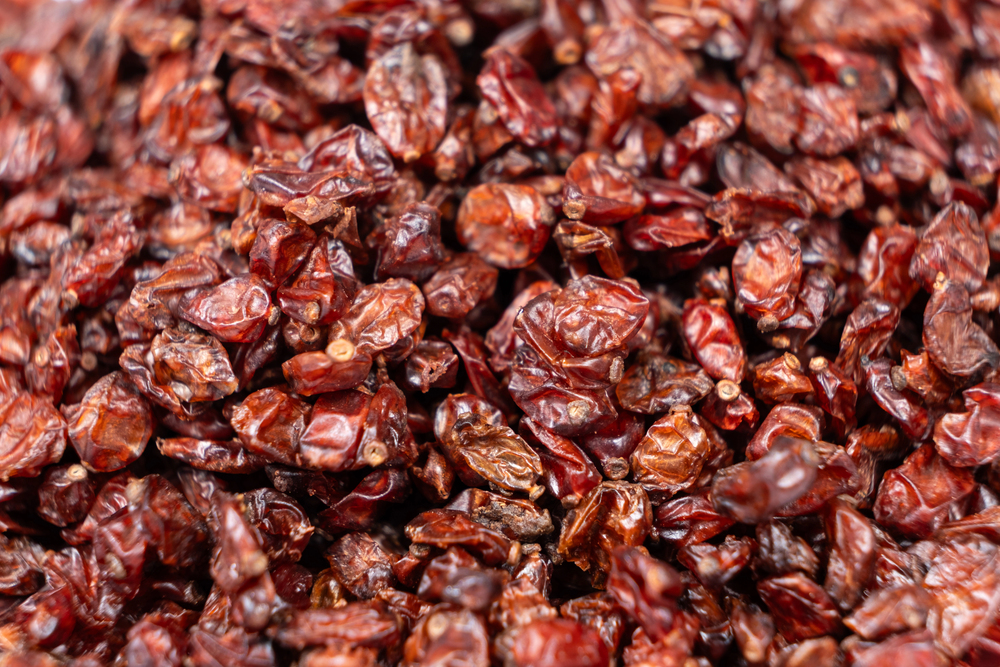
Barberries are small, red, tangy fruits that are packed with nutrients, including vitamin C, fiber, and antioxidants. They are often used in traditional Middle Eastern cooking and are known for their ability to improve digestion and fight infections. Barberries also contain berberine, a compound with anti-inflammatory and antibacterial properties. These berries can be used in rice dishes, salads, or as a garnish for a pop of flavor and health benefits.
Chokecherries
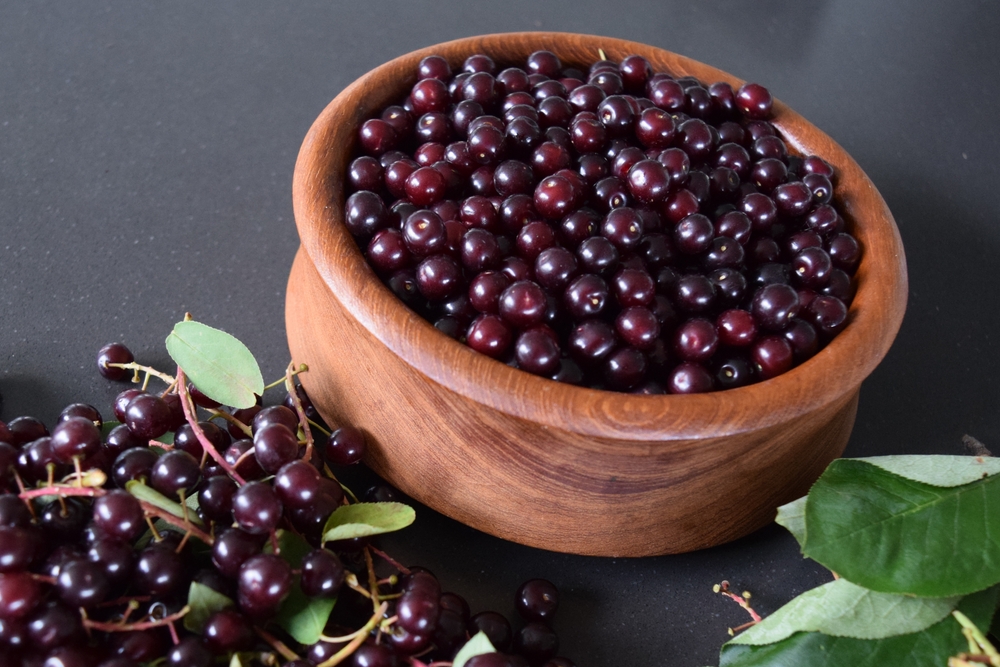
Chokecherries are tart, red or black berries that grow in clusters and are commonly found in North America. They are rich in antioxidants, vitamins A and C, and are known for their anti-inflammatory properties. Chokecherries can help improve digestion and support heart health due to their high nutrient content. These berries are often used in jams, jellies, or syrups to balance their tartness with sweetness. Including chokecherries in your diet can provide a unique and nutritious way to boost your health.
This article originally appeared on RetailShout.
More From RetailShout
25 Perfectly Baked Chicken Recipes for Any Meal

When it comes to cooking chicken, baking is one of the easiest and most foolproof methods that always delivers delicious results. Whether you’re looking for something quick and simple or want to impress your family with a flavorful, gourmet dish, baked chicken is a great go-to option. Read More.
28 Easy-to-Make Healthy Snacks for Busy Days
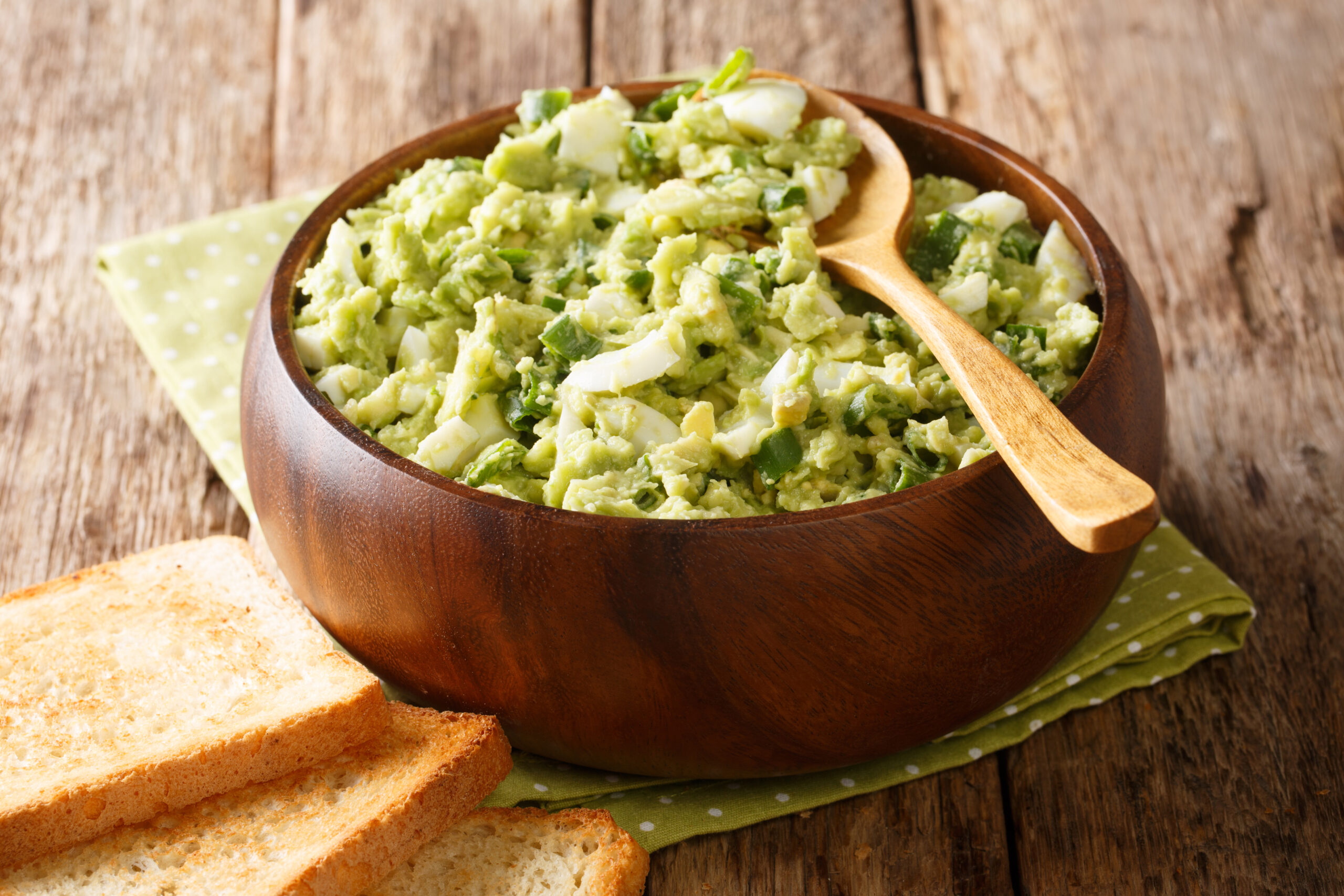
Finding time to prepare healthy snacks can feel like a challenge, especially when life gets busy. But staying energized and making good food choices doesn’t have to be complicated or time-consuming. Read More.
18 Hidden Gems at Costco That Are Worth Stocking Up On

Costco is known for its bulk deals and everyday essentials, but beyond the massive packs of toilet paper and giant jars of peanut butter, there are some hidden treasures that make the membership truly worth it. Read More.






